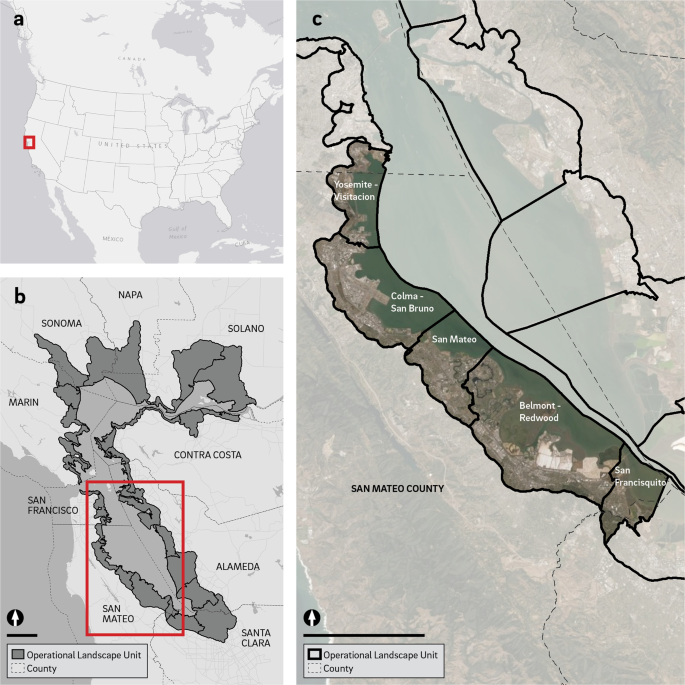The IPCC’s 2018 Special Report on Global Warming of 1.5°C discusses critical impacts, greenhouse gas emission pathways, and implications for sustainable development and poverty eradication in the context of climate change. It emphasizes the urgency of limiting global temperature rise to 1.5°C to avoid severe environmental and socio-economic consequences. The report highlights that achieving this goal requires immediate and substantial reductions in greenhouse gas emissions. It discusses adaptive strategies, including nature-based solutions, coastal resilience, and urban planning adjustments to mitigate risks associated with rising sea levels and extreme weather events. The need for collaboration among policymakers, scientists, and communities is essential for implementing effective adaptation strategies, while also considering equity and justice in climate action to protect vulnerable populations. The synthesis of strategies from various studies underscores the potential for integrated approaches to enhance resilience across urban and natural environments.
Source link


